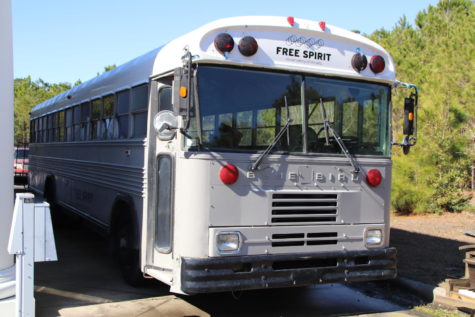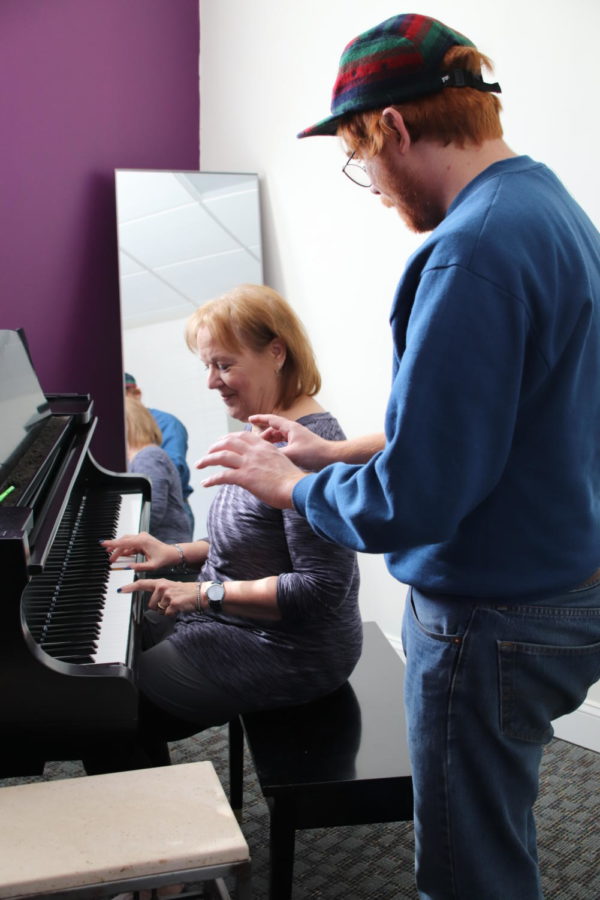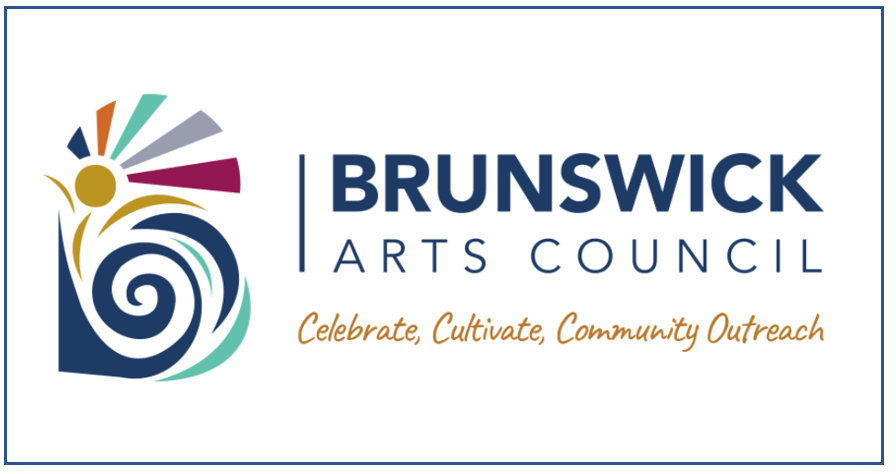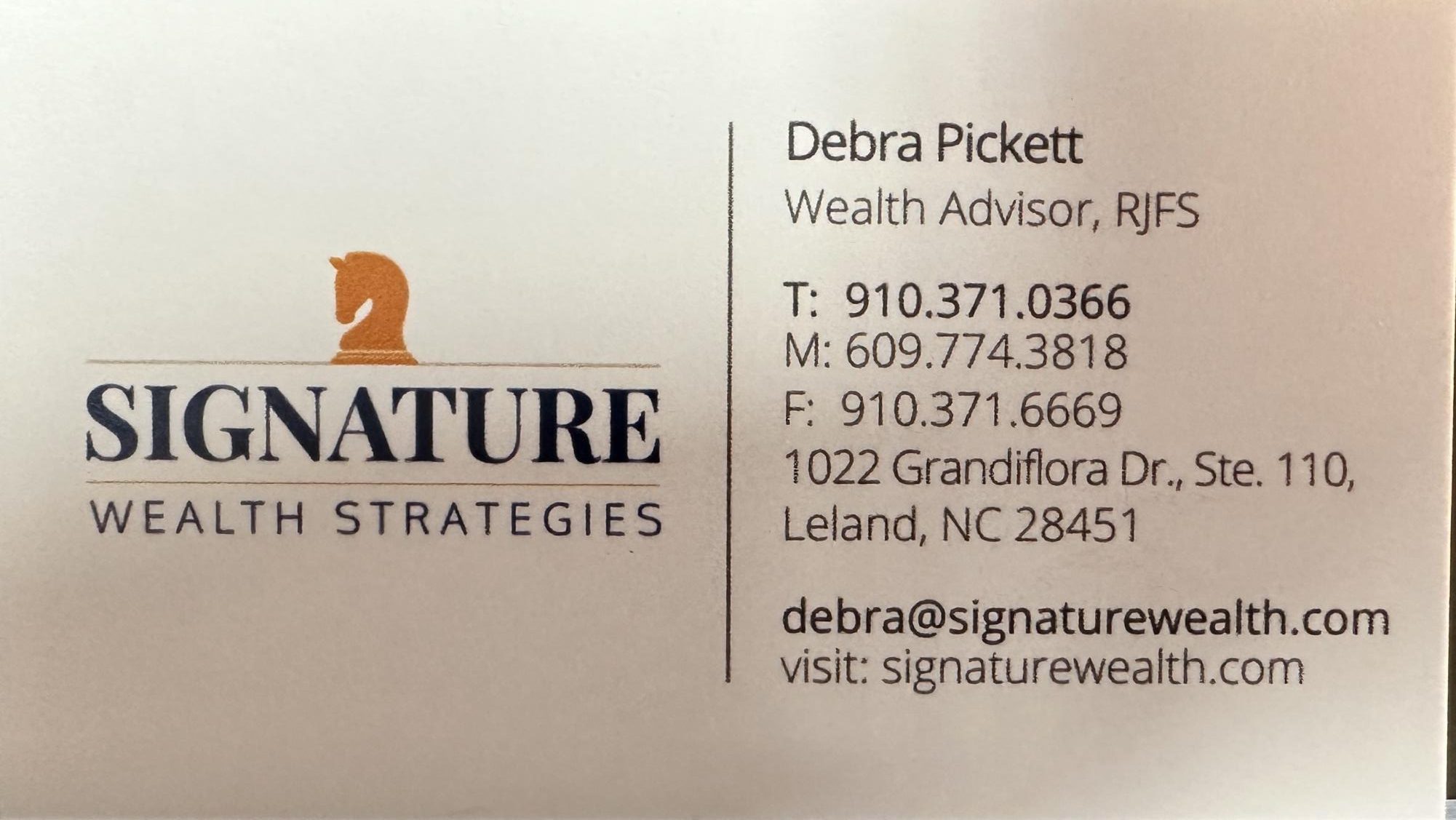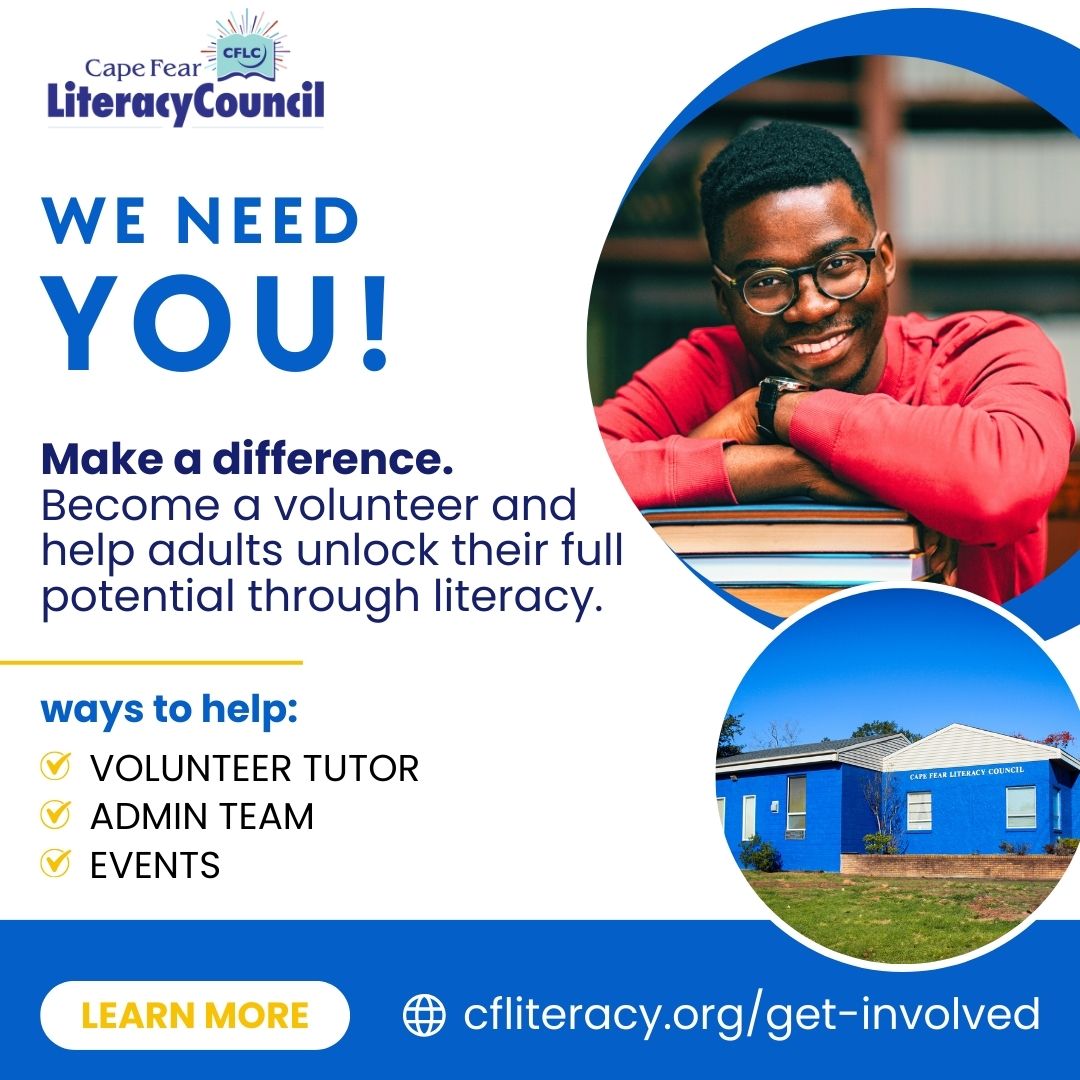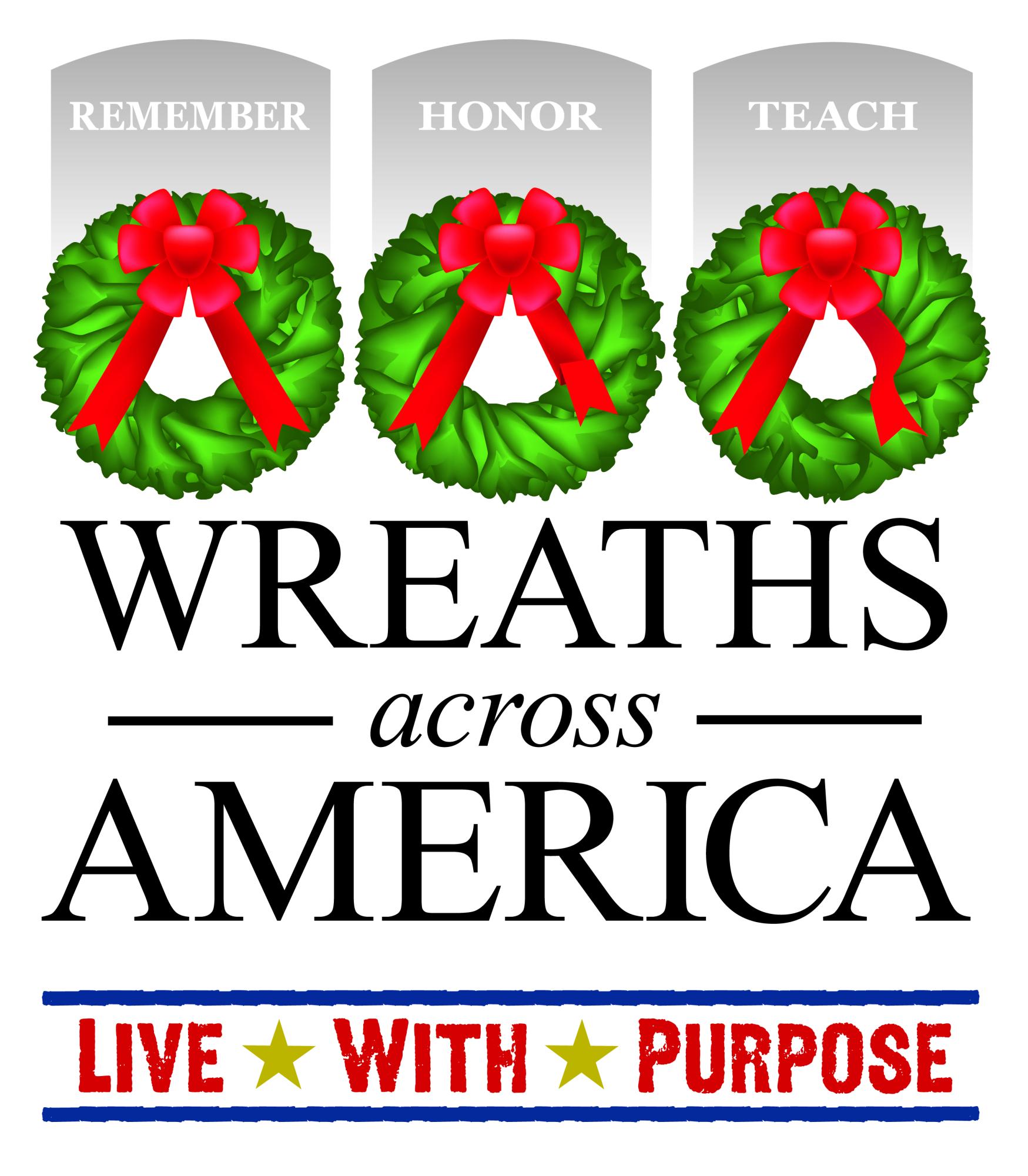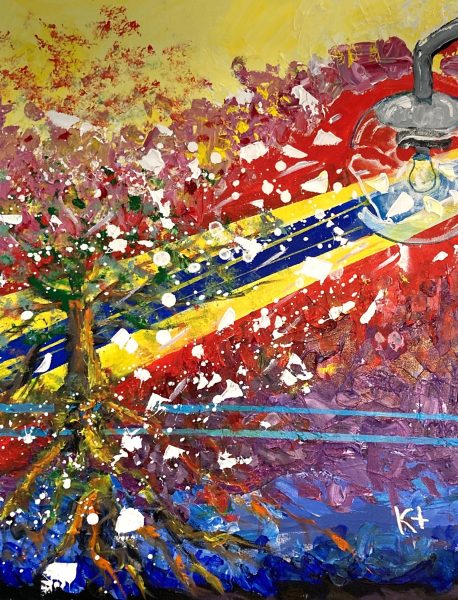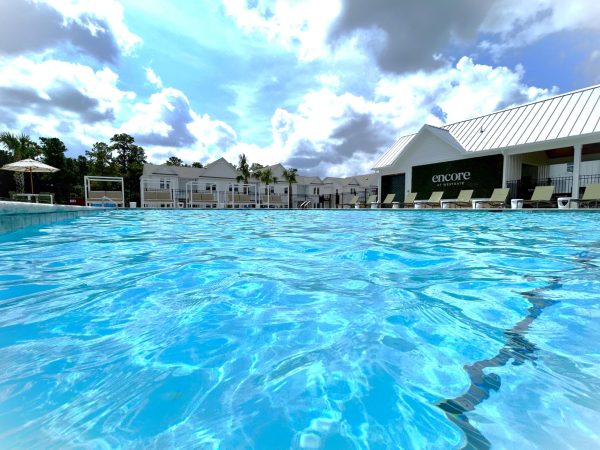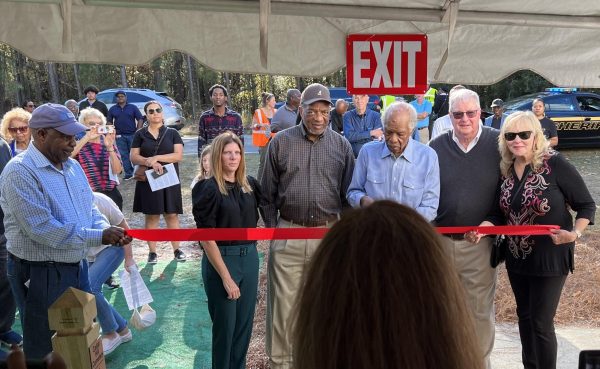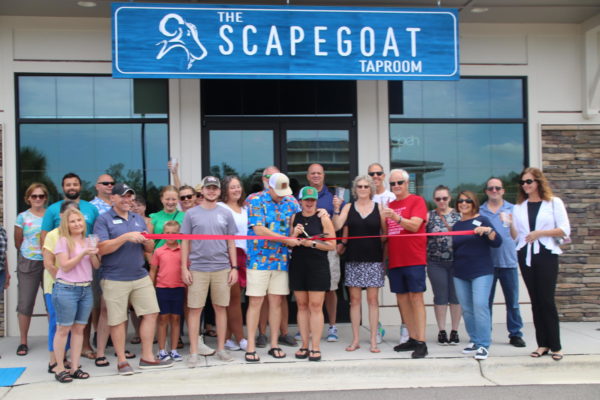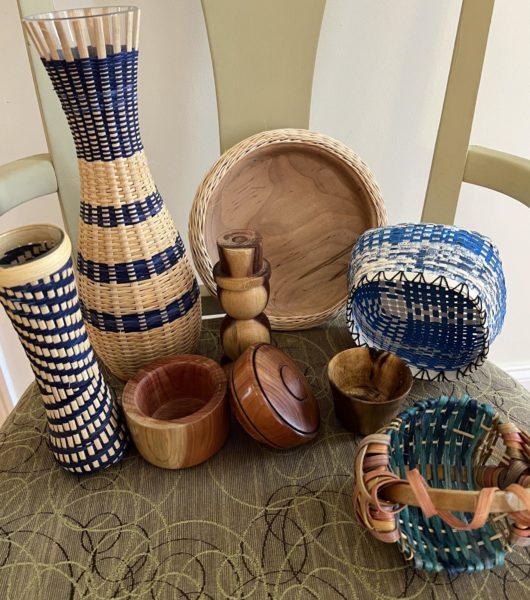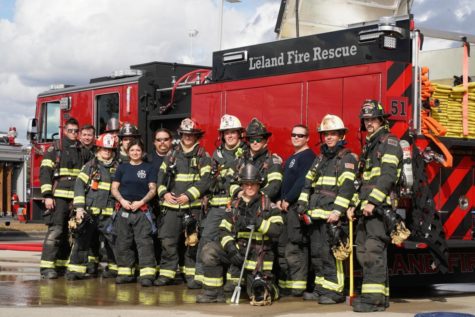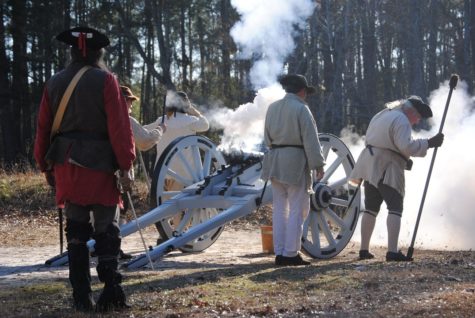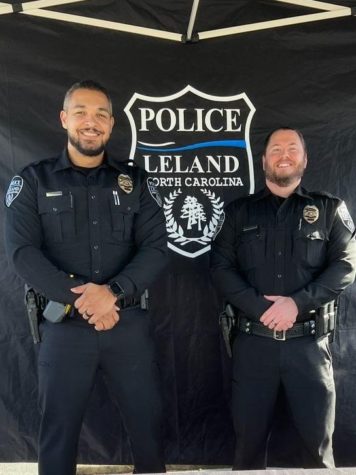Free Spirit Conservatory of the Arts – A Place to Nurture the Artist Within
Connor Mills, Instructor at Free Spirit gives a lesson to beginner, Donna Czyplinski
March 1, 2023
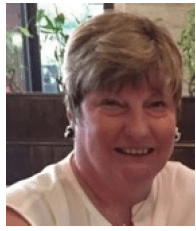
If you are not familiar with the Free Spirit Conservatory of the Arts (FSCA,) you should be. It’s literally a place where, when you open the door, you are opening yourself up to a whole new world—it’s a place to “nurture the artist within you.”
FSCA is a non-profit, 501c3, multi-use production, teaching and musical performance facility located at 8840 Old Georgetown Road SW in Sunset Beach. It has a state-of-the-art recording studio, a broadcast studio, rehearsal and performance space and multiple teaching studios.
This is a place with a mission and a myriad of possibilities. The mission is to teach anyone who wants to learn to play a musical instrument, video production or sound mixing (a full class list is on their website) in a world class facility. While the mission is to teach, the overarching goal is to promote and provide skills for musicians and artists to actually have a career in music, if that’s what they want to do.
Mike Rogers, one of the principals of FSCA, said, “I went to school to study piano and I was told what to study, but no one taught me how to take what I was good at and make it a career. I want to educate our students on how to become ‘complete’ performers.” He continued, “Young performers need to know the art of production, how to negotiate a contract, even how to file their taxes.”
The 12,500 square foot facility, formerly owned by Virginia Williamson, a Brunswick County philanthropist, and real estate developer, was closed for 12 years. It reopened as the FSCA in 2021. The building and some of the musical equipment were donated by the Williamson estate, but the FSCA brought in historical pianos and other instruments as well as rebuilding the sound production studios, upgrading speakers and gradually re-doing most of the interior and exterior. The building now stands as a beautiful place among rural roads and the Thistle Golf Course community.
The FSCA team and 12 member staff have a very different way of looking at teaching. The space lends itself to exploring and discovering and that’s what the FSCA wants their students to do—explore new ways of expressing themselves through music, sound production or whatever appeals to them.
By this summer, FSCA will open a “music museum” but it will not be the kind of place where you look at exhibits that are behind a glass wall. This museum will invite people to step up and try the old players pianos, or the piano that dates back to the Civil War. You can play the drums or strum a guitar; you can make music.
The FSCA has partnered with a number of people and organizations that will assist with expanding the classes that are offered. Among them are, Mary Beth Livers, Executive Director of the Brunswick Art Council, Karon Evans, owner and director of the Brightstar Youth Theatre Company, the Carolina Music Scene and Hope, Healing and Joy. Mike Rogers is already planning on building a black box theatre in the facility that will accommodate small stage productions. A black box theatre is an area that has very basic arrangements; large areas are transformed into smaller spaces by the use of dark paint or curtains and lends itself to a wide variety of productions.
In addition to teaching, the FSCA provides other ways for artists to showcase their talents. Local artists often display their paintings in the many hallways of the facility; and last year, the FSCA sponsored the Sunset Vision Art Show and Sale. The FSCA finds opportunities for musicians in many different venues. They work with 207 care facilities to provide music therapy options. This is a team who gives back to musicians and their community.
The FSCA also offers “Master Classes” on Monday evenings—a video lesson delivered by the best. Image listening to an author like James Patterson explain the techniques of writing a book and getting published. Or, hearing Yo-Yo Ma discuss how to perform a difficult piece by Bach on the cello.
This story is not just about a facility that was reinvented—it’s the story of dreams and goals and endless possibilities. Go to www.freespiritmusicnc.com and check out not only the classes ($30 for a half hour, $50 for an hour) but the many activities that you will enjoy there or call 910 877 8680. Hey, if it’s not playing an instrument, how about Hip-Hop Yoga? Like Mike Rogers says, do whatever motivates you.”
Note: The phone number listed above is a new phone number established after the article was published. If you have attempted to contact Free Spirit and did not get a response, please call the new number.
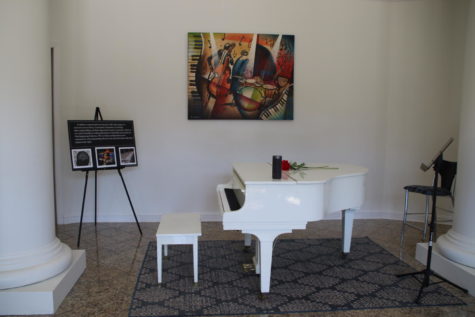
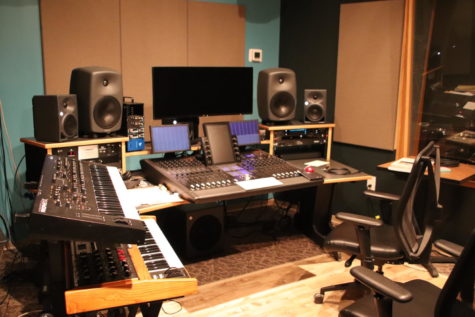
Sound Studio
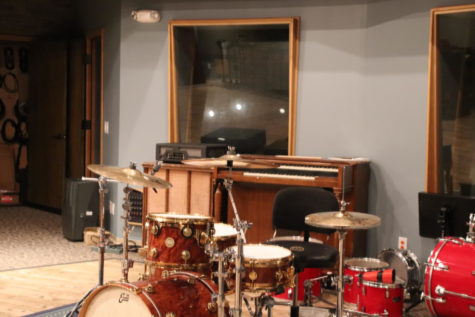
Drum Set
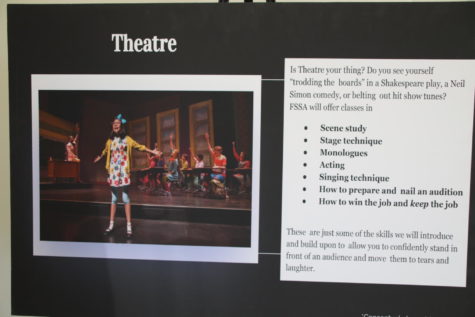
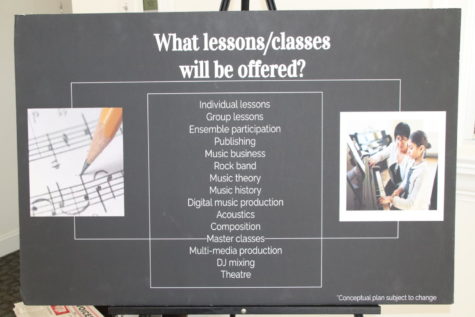
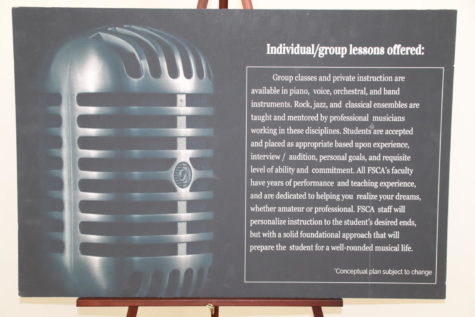
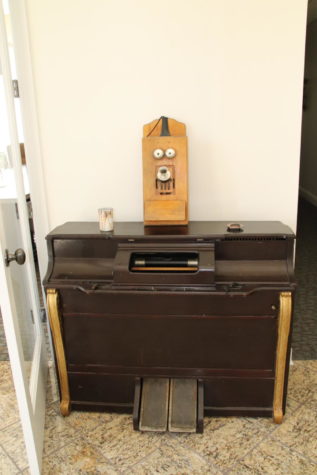
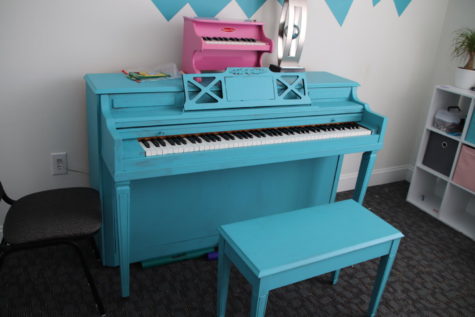
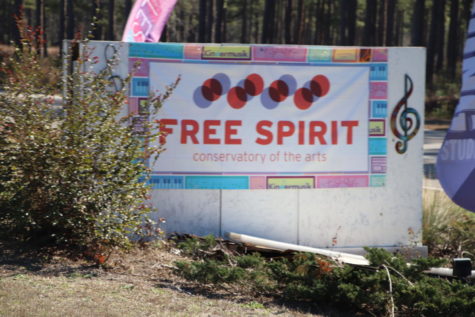
Free Spirit Sign on Old Georgetown Road
